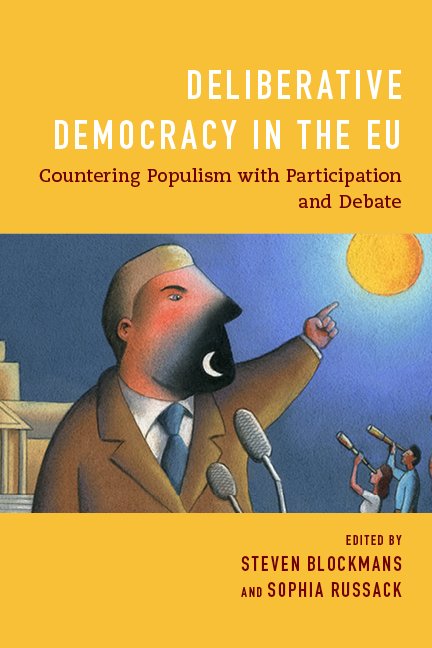
Founded in Brussels in 1983, the Centre for European Policy Studies (CEPS) is among the most experienced and authoritative think tanks operating in the European Union today.
CEPS serves as a leading forum for debate on EU affairs, but its most distinguishing feature lies in its strong in-house research capacity, complemented by an extensive network of partner institutes throughout the world.
CEPS is: an international staff of more than 30 people drawn from eighteen different countries; a participation to nine different research networks, comprising research institutes from throughout Europe and beyond, to complement and consolidate CEPS research expertise and to greatly extend its outreach; an extensive membership base of some 120 Corporate Members and 130 Institutional Members, which provide expertise and practical experience and act as a sounding board for CEPS policy proposals.
– Carry out state-of-the-art policy research leading to solutions to the challenges facing Europe today.
– Achieve high standards of academic excellence and maintain unqualified independence.
– Provide a forum for discussion among all stakeholders in the European policy process.
– Build collaborative networks of researchers, policy-makers and business representatives across Europe.
– Disseminate findings and views through a regular flow of publications and public events.
– Research activities on the following themes:
– Economic & Social Welfare Policies
– Energy, Climate Change & Sustainable Development
– EU Neighbourhood, Foreign & Security Policy
– Financial Markets & Institutions
– Justice & Home Affairs
– Politics & European Institutions
– Regulatory Policy
– Trade Developments & Agricultural Policy
– In the context of its research programmes and networks, CEPS organises a variety of activities, including task forces, conferences, lunchtime membership meetings, briefings, training seminars and major annual events (e.g. the CEPS Annual Conference).
– One of the most important research centres on Europe.
– Transparency about finance and how it is used.
– Independance strongly stressed.
– large EU and National gouvernements fundings
– membership fees, essentially corporate memberships.
– Private organisation and foundation support
– Sale of publications